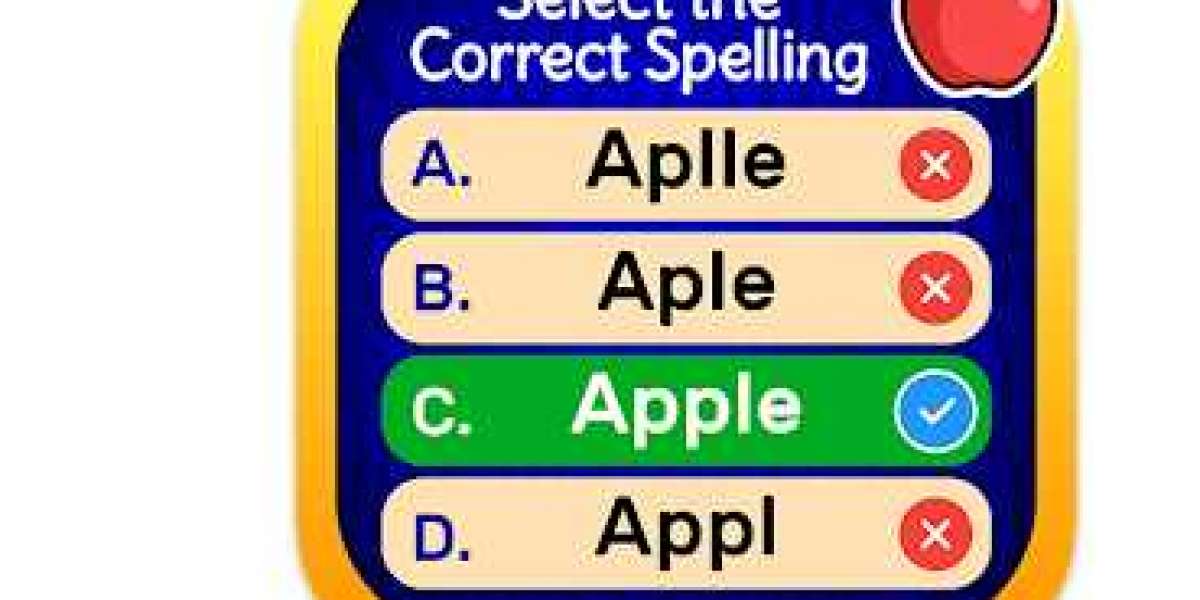Helping Your Child Learn How to Spell
t nowLearning to spell simple words is a huge milestone for young children. It takes a lot of work and practice for both the child and the parent. It is important for the parent to remember that this is a slow process and that event the smallest amount of progress should be celebrated and rewarded so that the child continues to be motivated to continue.
Children usually learn to spell when they are around first grade. Some children may start a little sooner. However, first grade is the time when children start to have the mental abilities. Still, even first graders have a short attention span and limited memory capability. Therefore, it is important to keep the words short at this age so that they will be able to memorize them.
Words that this age group can handle include: cat, bat, sat, bad, bag, had, fan, fat, dad, has, hat, jam, dog, log, sad, can, tan, pan and tap. Parents should quiz their children every day in order to help them memorize these vocabulary words.
In addition to quizzing the children, parents can reinforce learning by making spelling a game. Listed here are some games that will help children to learn to spell.
Obviously, there are plenty of software games for your computer that can assist your child in spelling. My suggestions tend to be less expensive and can be incorporated in every day life.
First are flash cards. Flash cards are a wonderful way to teach a child to spell. You can buy them or make them yourself. Your child will have instant feedback with each card. This will give you the opportunity to reward him/her with cheers and claps. (Maybe some hugs and kisses too. ;-))
You can also read a story to your child and create a small vocabulary list from words in the story. This will help your child associate the word with the story which will not only increase memory but help your child understand what the word is.
One of my favorite games is to label items around the house. This allows your child to get up and moving. As you know, it is difficult to keep young children in one place. Going around the house will help your child burn off some of that extra energy which will, in turn, allow you to work on spelling longer than if you have your child seated the entire time.
Another game children love is when a parent writes the word on a large piece of paper and puts it in the box. Then the child can pull the paper out of the box. The excitement and anticipation of a "surprise" word really helps to motivate children to play this game and learn to spell the word that he/she picks out.
Slipping small pieces of paper with a vocabulary word inside a cookie is another game that I recommend. I love to bake, especially cookies. When your child pulls the paper out of the cookie that he is eating, you can ask him to spell the word.
Lastly, I recommend that you ask your child to spell out words that he hears on television. This will help your child's listening skills since he will rarely see the word spelled out on the television.
Once your child learns the basic words list above, he is ready to move to larger words such as: chair, table, book, cookie, some, long, have, cloth, dine, wine, list, tape, mask, etc.
I want to remind you again that it is very important to reward your child for even the smallest amount of progress. Stickers and stamps on his work are very motivating. You may also want to consider putting a chart on the wall that measures his progress through different levels of spelling. The chart should be placed where everyone can see it. Not only will your child learn to spell, his self-esteem will improve as well.
Ultimate English spelling quiz is a vast free word game. By using this word game quizzes, you can improve mostly all areas like English speaking, Download the App from Play store righ








